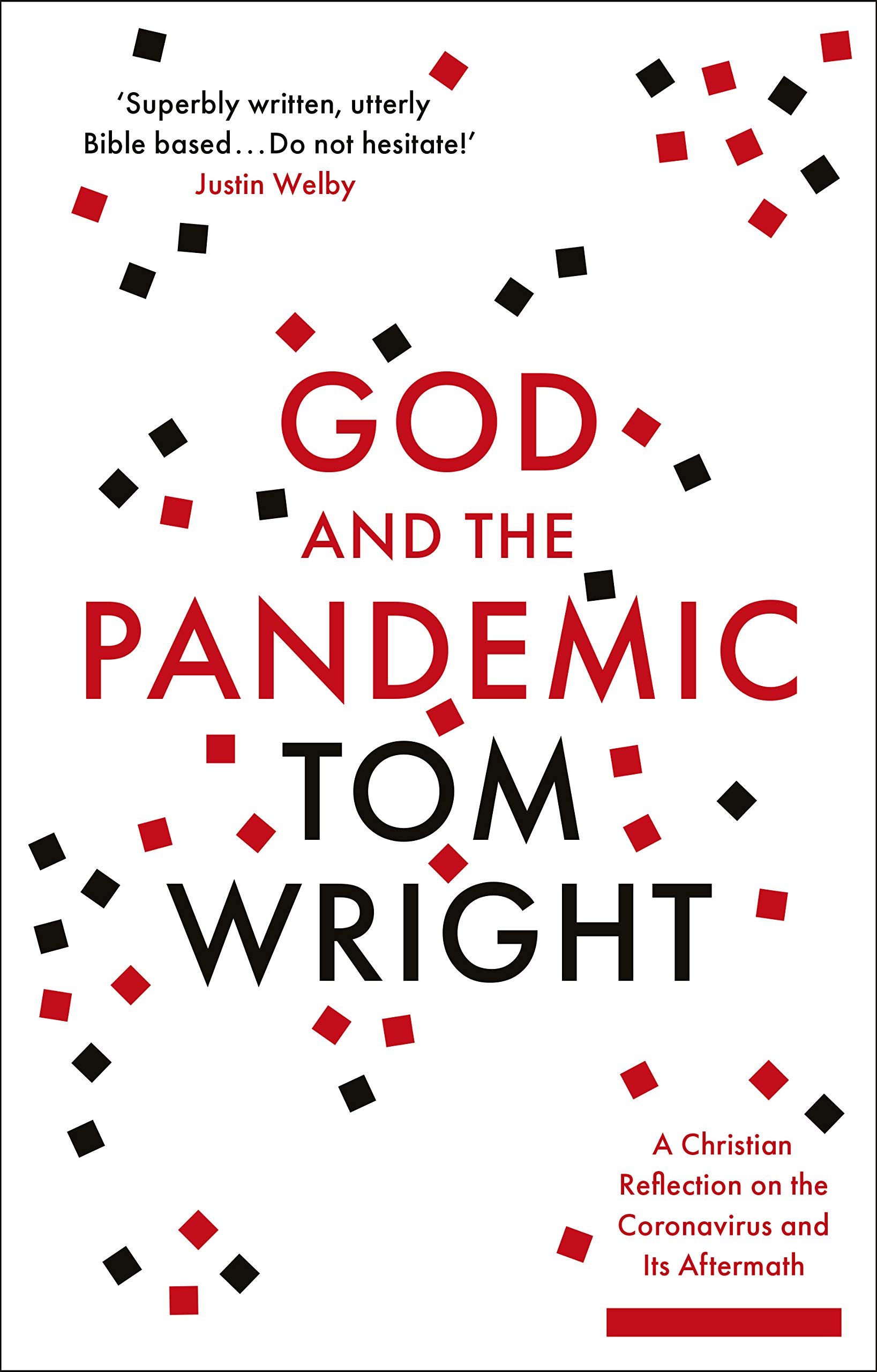God and the Pandemic by Tom Wright
Written in the middle of 2020, before the second and third waves of the virus hit the UK, this nevertheless offers a valuable Biblical perspective on the pandemic
 God and the Pandemic: A Christian reflection on the coronavirus and its aftermath
God and the Pandemic: A Christian reflection on the coronavirus and its aftermath
By Tom Wright
SPCK
ISBN: 978-0281085118
Reviewed by Helen Wordsworth
This short book was written in the middle of 2020, before the second and third waves of the virus hit the UK. It nevertheless offers a valuable Biblical perspective on the Pandemic, surveying the Old Testament, the Gospels, and the rest of the New Testament, not for quick reactions but for an appropriate way of responding to the situation we now face. In his introduction Professor Wright acknowledges the challenge in these words:
“The sorrow rises from the whole world like a pall of smoke, shaping the question we hardly dare ask: Why?”
Various contemporary answers are described and discounted; conspiracy theories, signs of the end, lack of repentance in a world full of sin, moment of opportunity? All these, Professor Wright asserts, are not sufficient for Christian churches in these times.
In the exile to Babylon, Jewish people asked the same questions…why has this happened?…we thought God would save us. The book of Job is quoted as an example of when bad things happen to good people, and allows a response of lamentation, complaint, of stating the case as we see it, and leaving the rest to God.
As Jesus comes, the time for looking back is balanced by the time for looking forward. He encourages us to pray for forgiveness and at the same time for God’s Kingdom to come. Tears and lamentation are indeed appropriate emotions, but Professor Wright notes that His message is to “Stay calm, and trust in me. See what God will do.” The true key to understanding and responding to world events, he says, is to be found in Jesus, rather than in Stoicism, Epicureanism, or Platonism.
And as the early church grows in the power of the Holy Spirit, so its actions in response to tragedy follow the Jesus-style pattern. They ask “Who is at special risk in this famine, what can we do to help, and who shall we send”. They become active participants.
And this is reflected in Professor Wright’s conclusions. One of them is that when government funding is not enough and the health services are limited, the churches should be the ones to step up, working with the professionals, and they should not be put off by those who say we are not wanted on the patch. (pp64-66). For too long we have separated health and spiritual matters.
As someone who has been involved in encouraging churches to employ registered nurses to lead health and wellbeing teams, this well-thought through imperative from such a well-respected theologian is deeply appreciated. My only minor criticism would be that in order to ground his comments, he does not give more examples of some of the amazing health-related initiatives that churches have begun to undertake in partnering with professionals over the last 15 years. But perhaps a reading of this book will help to promote more interest.
The Revd Dr Helen Wordsworth was founder of Parish Nursing Ministries UK and author of Rediscovering a ministry of wholeness: Parish Nursing as a Mission of the local church, Wipf and Stock 2015. She is currently international Parish Nurse specialist with the Westberg Institute for Faith Community Nursing
Baptist Times, 15/01/2021